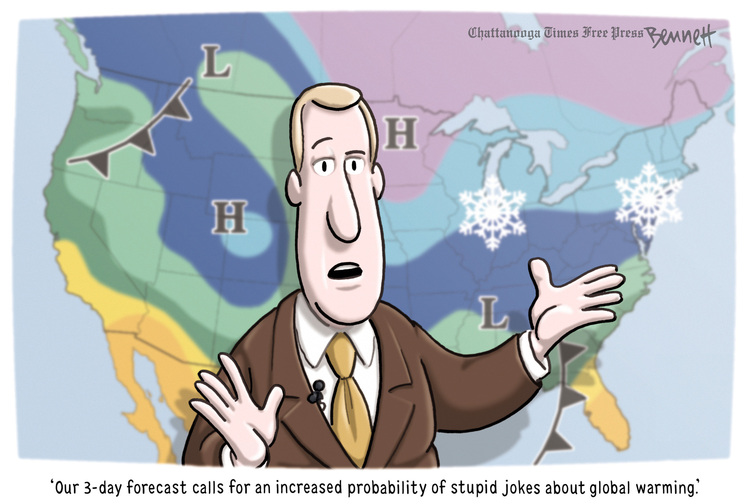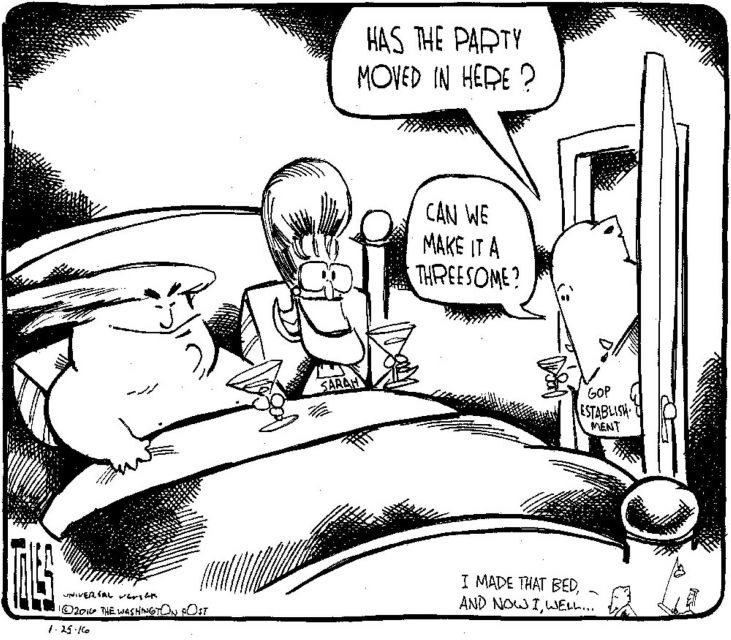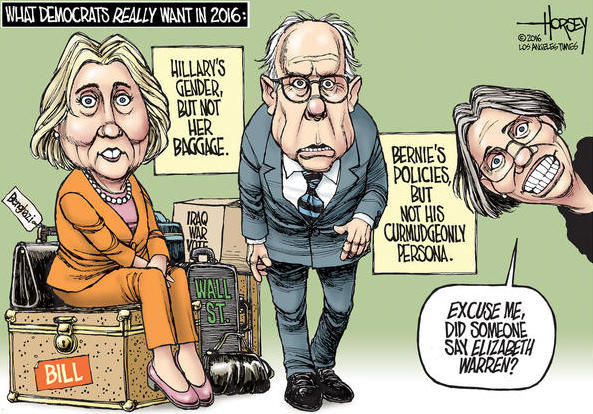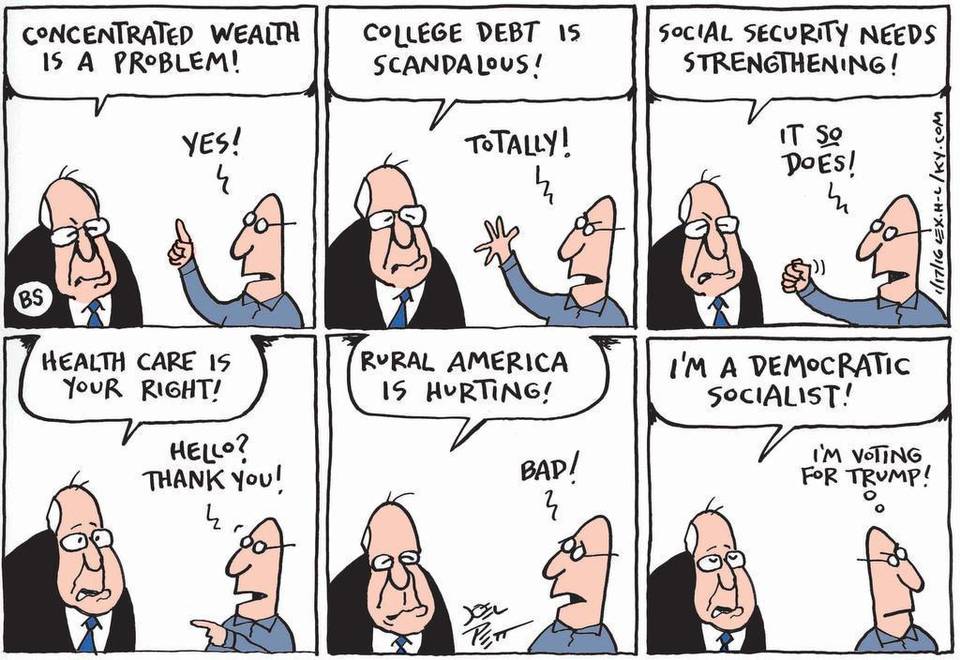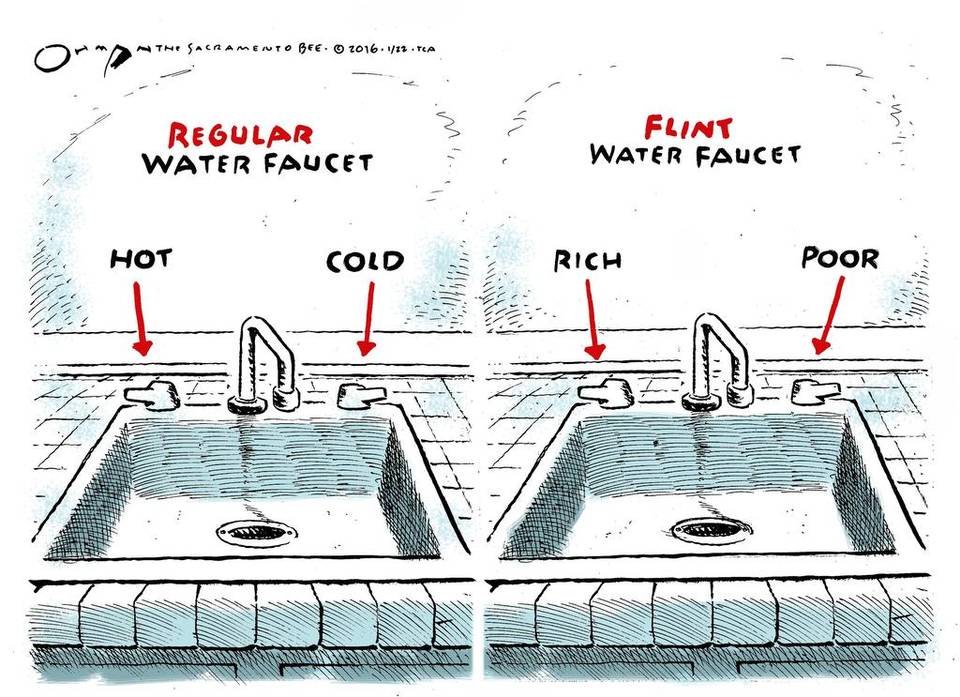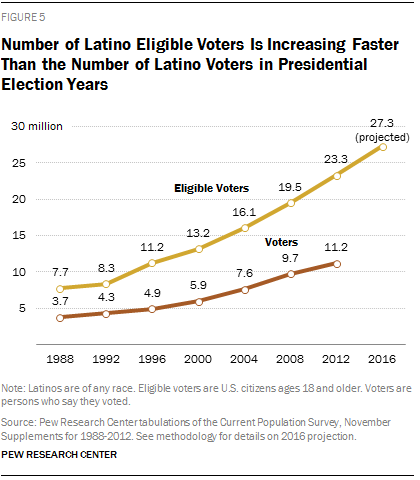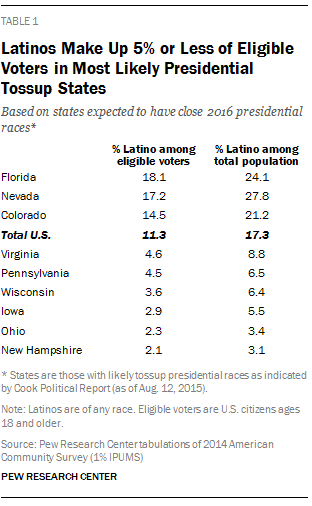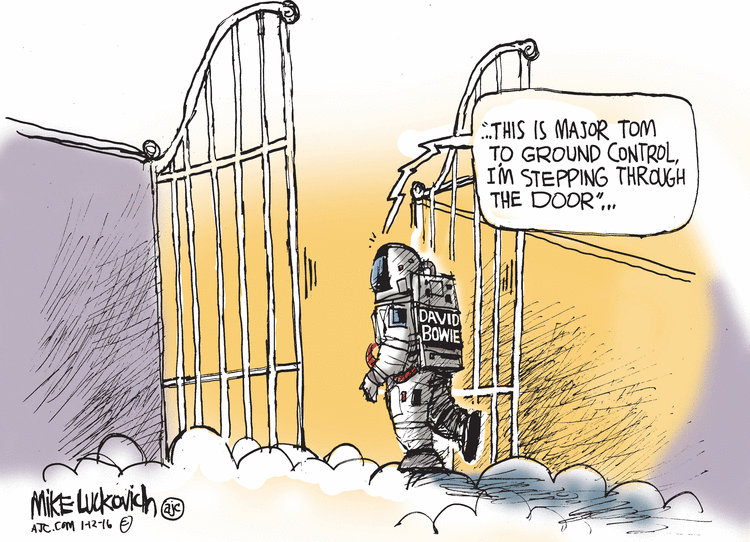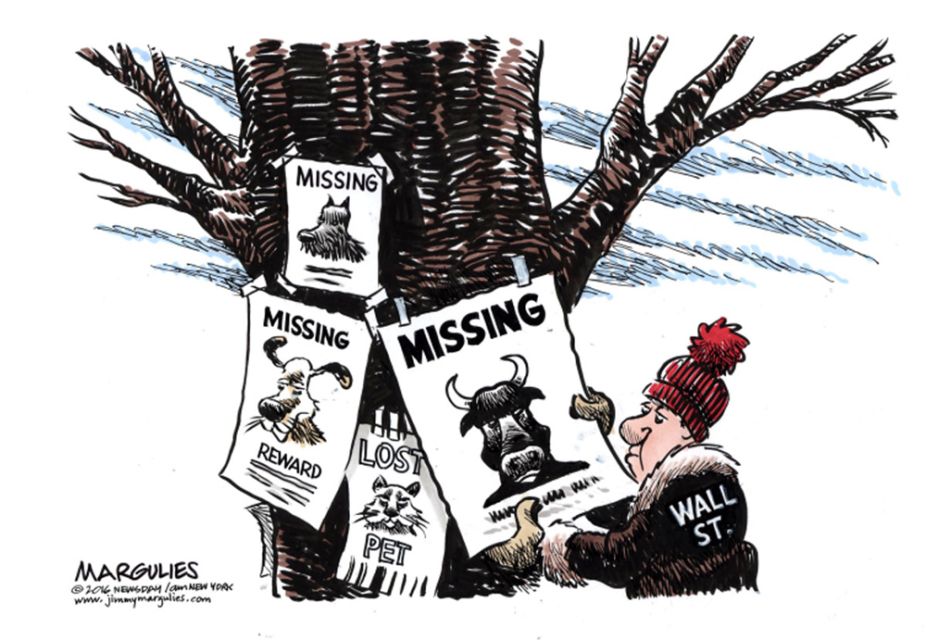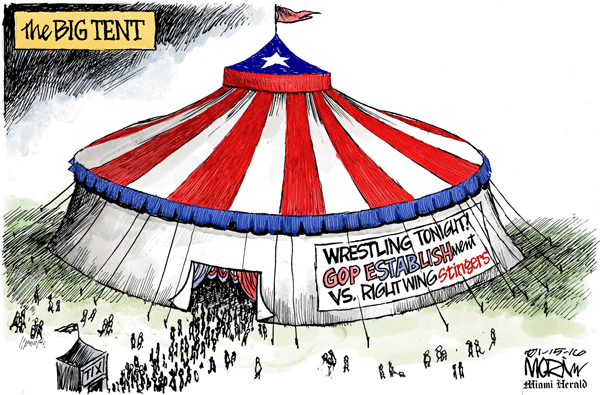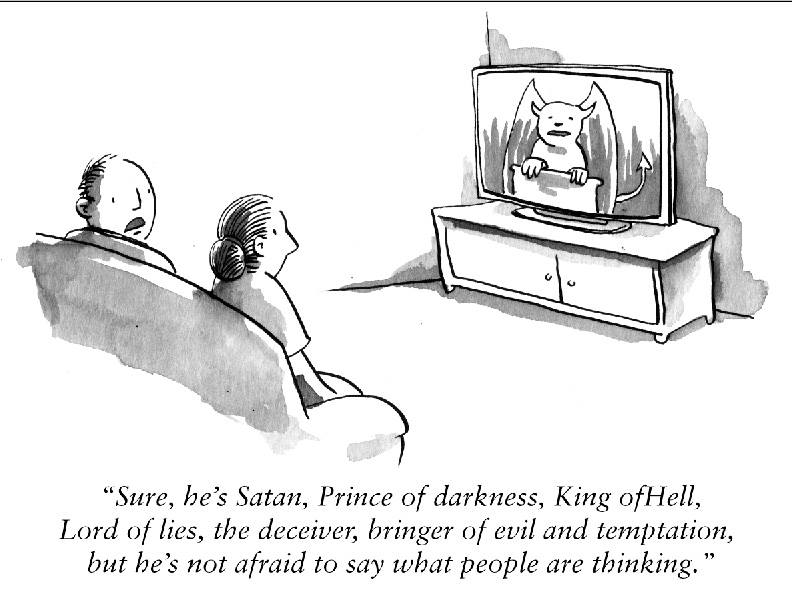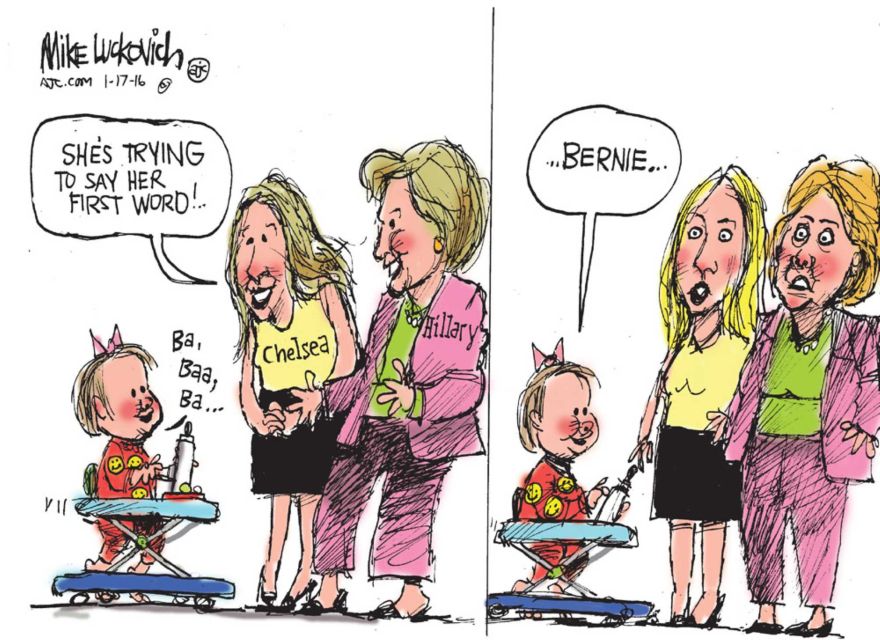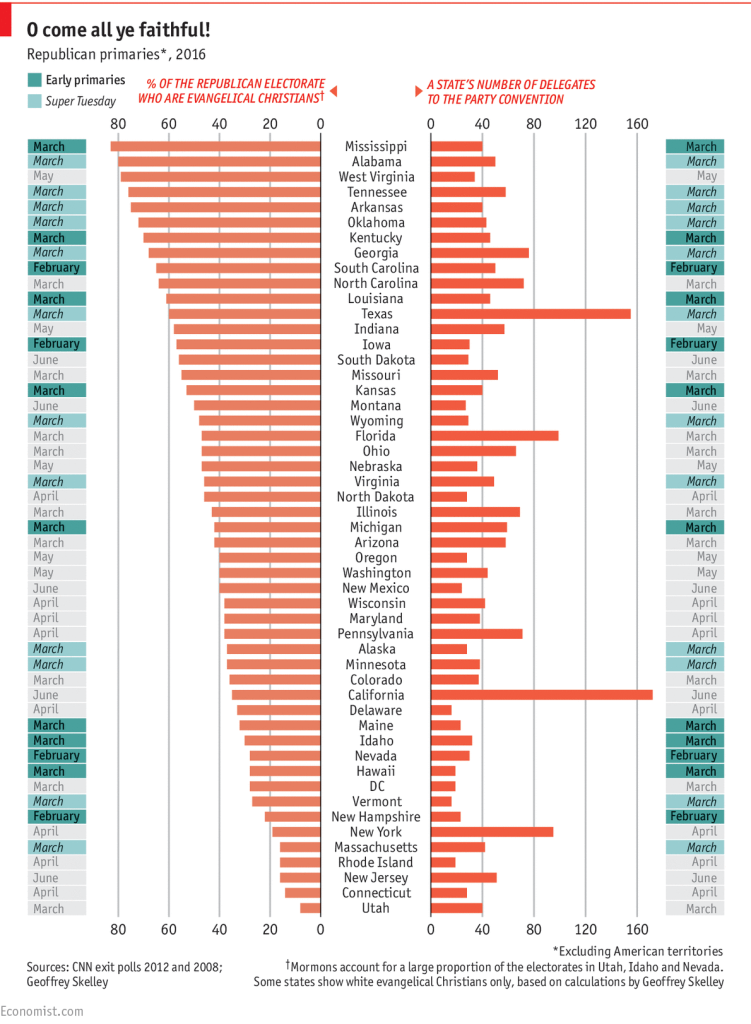Last week, Robert Reich asked a question: Why did the white working class abandon the Democrats?
Before we get to his answer, let’s look at a few electoral facts:
• In 1980, Ronald Reagan won 56% of all white voters and won in a 44-state landslide.
• In 2012, Mitt Romney carried 59% of all white voters, yet lost decisively.
• In both 2008 and 2012, Republicans’ best result was with white voters without college degrees. They carried them by 14% in 2008 and 26% in 2012.
Reich offers two answers: First, that the Republicans skillfully played the race card from the 1960s through to today. Reich makes the point that in the wake of the Civil Rights Act of 1965, segregationists like Alabama Governor George C. Wallace led southern whites out of the Democratic Party. And later, Ronald Reagan charged Democrats with coddling black “welfare queens,“ while George HW Bush accused them of being soft on black crime (Willie Horton), and all Republicans say that Democrats use affirmative action to give jobs to less-qualified minorities over more-qualified whites.
Reich’s second point is that Democrats have occupied the White House for 16 of the last 24 years, and in that time they largely abandoned the white working class, doing little to prevent the wealthy and powerful from rigging the economy for the benefit of those at the top. On the other hand, at the time Bill Clinton ran for president, the Democratic Party had lost three straight presidential elections and won only two out of the previous six. That political reality certainly had an effect on policy.
During the Obama years, Democrats did produce some weak tea for the middle class and the poor – including the Affordable Care Act, an expanded Earned Income Tax Credit, and the Family and Medical Leave Act. Reich goes on to indict our most recent Democratic presidents:
Bill Clinton and Barack Obama ardently pushed for free trade agreements, for example, without providing the millions of blue-collar workers who thereby lost their jobs any means of getting new ones that paid at least as well. They also stood by as corporations hammered trade unions, the backbone of the white working class.
Reich says that partly as a result of NAFTA, union membership sunk from 22% of all workers when Bill Clinton was elected president to fewer than 12% today, and the working class lost bargaining leverage to get a share of the economy’s gains.
Finally, Dems turned their backs on campaign finance reform. After 2010’s Supreme Court decision in Citizens United v. FEC, the floodgates to big money in politics were opened. Reich again indicts Democrats: (emphasis by the Wrongologist)
What happens when you combine freer trade, shrinking unions, Wall Street bailouts, growing corporate market power, and the abandonment of campaign finance reform? You shift political and economic power to the wealthy, and you shaft the working class.
Can the Democrats earn back the working class voter? Well, when the dogs won’t eat the dog food, it may be time to think about changing brands. Any competent politician knows that. When 45% of the electorate claim to be independents, something is wrong with both parties. The White Working Class is being ignored by the Democrats and is courted by the Republicans, although with less and less success, unless you happen to think that Donald Trump is a Republican.
What has the wage earning class gained from the Democrats? Social and economic betrayal. From the Republicans? War and economic betrayal. They watch jobs disappear to Asia, and see increased competition from immigrants. Many feel threatened by cultural liberalism, at least the type that sees white Middle Americans as Christian bigots and 2nd Amendment fanatics.
But they are also threatened by Republicans who would take away their Medicare, hand their Social Security earnings to fund-managers in Connecticut, and cut off their unemployment.
These are the reasons why Sanders and Trump are able to compete with the establishment elites of both parties. But nothing in politics is ever final. Democrats could still win back the white working class. They would need to:
• Have a vision that would create economic growth that was not based on trickle-down
• Build a coalition of the working class and poor, of whites, blacks, and Latinos, of everyone who has been or is currently being shafted by the shift in wealth and power to the investor class and the salaried class
Will Democrats stop obsessing over upper-income suburban voters, and end their financial dependence on big corporations, Wall Street, and the wealthy?
Probably not.

